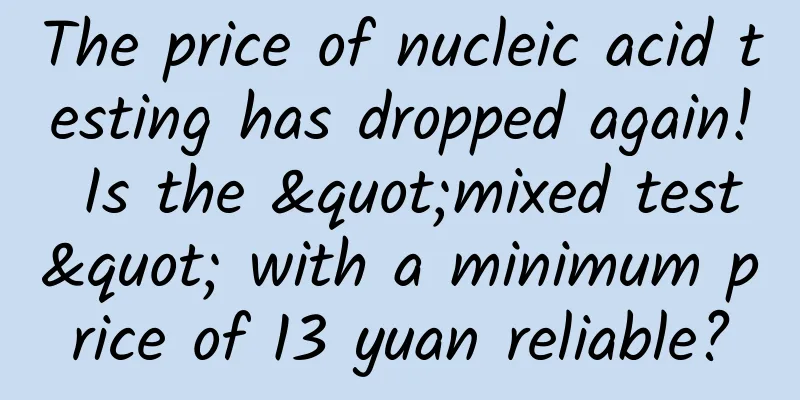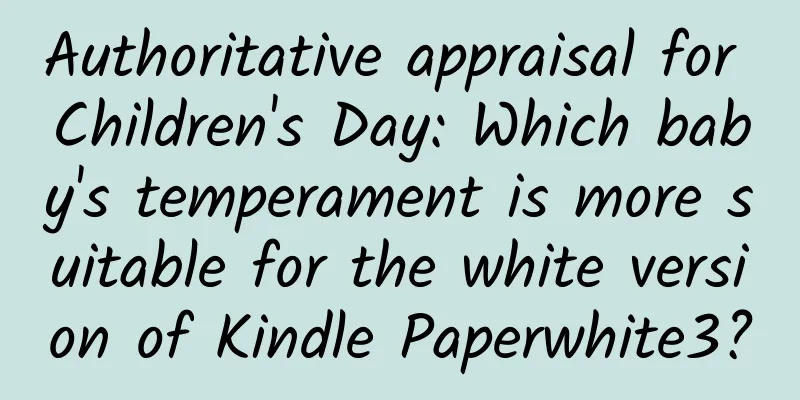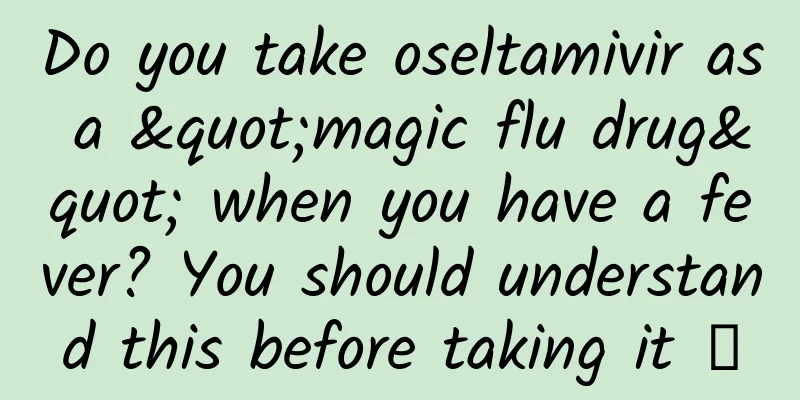When you feel depressed, adding some sugar, can sweets really make you happier?

|
Although it is not good for your slim figure, healthy teeth, and even skin elasticity, sweets are always hard to resist. The ultimate enjoyment between the lips and teeth that intoxicates the taste buds makes us believe that "sweets can make people happy." However, the truth may not be so, or even the opposite. Unhappy? Have a piece of chocolate pie, macarons or just drink a can of "Happy Fat House Water (nickname of Coke)" - many people firmly believe that although sweetness has the risk of gaining weight, it can bring people happiness. However, this is not the case. After the sweet taste brings a brief pleasure, it will soon make people return to a state of frustration and depression. In the long run, it may even be more serious. 01 It is not an absolute prohibition to consume The key is not to overdose A meta-analysis of relevant observational studies found that increased consumption of sweetened beverages may promote the risk of depression. However, this does not mean that you cannot drink high-sugar drinks such as cola at all. Data analysis shows that drinking more than 2 small cups a day will have a significant effect, and drinking 3 cans of cola a day can increase the risk of depression by 25%. Analyzing by sugar intake, there is no correlation between sugar intake below 15 grams and the risk of depression, but between 15 and 100 grams, as the intake increases, the relative risk of depression increases. This result tells us that there is no need to worry if you only drink a cup of yogurt, because based on the 12% carbohydrate content, there are only 7.5 grams of added sugar in 100 grams of yogurt and 15 grams of added sugar in 200 grams. Tuchong Creative 02 Eating more sweets can increase your risk of depression And the comparison data is very different In a three-year follow-up study of nearly a thousand people, Japanese researchers found that people who drink a lot of sweet drinks every day do have an increased risk of depression. After eliminating the influence of age, gender, region and other factors, it was found that those who drank more than 4 cups of sweetened beverages a day had a 90% increased risk of depressive symptoms compared with those who drank less than 1 cup a week. After eliminating the influence of factors such as socioeconomic status and baseline depression scores, there was still a 68% increase in the group that drank the most (sweetened) beverages compared with the group that drank the least. If we compare "depression symptoms" instead of "depression scale score over 19", the difference is even greater. The risk of drinking the most beverages increased by 162% compared to the least! 03 Delight of sweets Only temporary At this point, some people may wonder: Drinking sweet drinks and eating sweets does make me feel happy! Is the cause and effect relationship reversed? Maybe those who are depressed want to eat sweets and drink sweet drinks more, rather than drinking sweet drinks and eating sweets making people depressed? First, when Japanese scholars started this study, they conducted a depression symptom survey on nearly a thousand respondents, and the survey showed that none of them were severely depressed. For three years, they let the respondents eat and drink as usual, but only surveyed the respondents at regular intervals and then analyzed the data. After three years of observation and recording, they surveyed the respondents' depression symptoms and depression questionnaire scores. The result was that those who drank the most sweet drinks had the highest increase in depression scores. Secondly, the immediate effect of a food may not be the same as its long-term effect. For people who love sweets, eating sweets and drinking sweet drinks will indeed make them feel happy at the moment, because the intake of sweets increases serotonin and dopamine, which can temporarily improve their mood. However, the study revealed the long-term effects of eating sweets and drinking sweet drinks. A food that makes you happy at the time may not necessarily help you prevent depression. Just like taking drugs can make people extremely happy temporarily, but in the long run, it will never bring people a better mental state or happiness. Sweets can be seen as a temporary anesthesia. In the long run, they will reduce the body's ability to cope with stress and reduce the regulatory ability of the nervous system, which is not conducive to preventing depression. Tuchong Creative 04 Why does drinking sweetened drinks promote depression? Researchers believe that, on the one hand, animal experiments have shown that large amounts of added sugar can increase anxiety and depressive behavior in animals and raise cortisol levels. In particular, when animals in their developmental period consume large amounts of sugar, it affects the maturation of the hypothalamic-pituitary-adrenal axis and disrupts the stress regulation system, thereby increasing the risk of depression. On the other hand, sugary drinks promote obesity, which itself reduces the body's ability to regulate stress. The relationship between obesity and depression risk has been confirmed by multiple studies. In addition, sweet drinks can cause sugar metabolism disorders and insulin resistance, and these metabolic disorders can cause low-grade but persistent inflammatory responses. The release of some inflammatory factors itself can increase the risk of depression. Fourthly, animal experiments have found that long-term feeding of a large amount of added sugar feed will reduce the serotonin 1A receptors of dendritic cells. After this receptor is reduced, the feedback control of serotonin synthesis and release in the hypothalamus will be disrupted, and the ability to cope with stress will decrease. This mechanism is very important for preventing depression. I think there is another reason, which is that sweet drinks will consume B vitamins in the body. When vitamin B1, B6 and niacin are deficient, they will affect the function of the nervous system and the balance of neurotransmitters, increasing the risk of depression. Therefore, a nutritionally balanced diet should be taken to stay away from depression. References: 1. Hu D, Cheng L, Jiang W, et al. Sugar-sweetened beverages consumption and the risk of depression: A meta-analysis of observational studies. Journal of Affective Disorders, 2019, 245: 348-355 2. Kashino I, Kochi T, Imamula F, et al. Prospective association of soft drink consumption with depressive symptoms. Nutrition, 2020, 81: 110860 3. Sanchez-Villegas A, Zazpe I, Santiago S, et al. Added sugars and sugar-sweetened beverage consumption, dietary carbohydrate index and depression risk in the Seguimiento Universidad de Navarra (SUN) Project. British Journal of Nutrition, 2018, 119: 211-221 Author: Fan Zhihong, Associate Professor of Food Nutrition, China Agricultural University This article is produced by the "Science Rumor Refutation Platform" (ID: Science_Facts). Please indicate the source when reprinting. |
>>: Be careful! If you see them, show zero tolerance!
Recommend
China to establish a recall system for motor vehicle environmental defects
In order to effectively manage air pollution and ...
5 questions to help you quickly understand the first photo of the black hole at the center of the Milky Way
Last night, the first photo of the black hole at ...
Does AI have consciousness? Let’s start with the definition of consciousness
Scientists who rarely explore human consciousness...
Fermentation gives yogurt its "magic", but probiotics may not have the "magic"
In daily life, yogurt is a favorite of many peopl...
How to avoid being eaten by female insects? Male insects have their own tricks
Insects are the most numerous type of animals in ...
In 3 minutes, you can learn about all advertising resources in iQiyi’s information flow!
The latest data from iResearch MUT in April shows...
Protecting Northeast China's black soil and safeguarding China's "rice bowl"
Produced by | Science Popularization China Author...
Practice KOL marketing from 0 to 1!
KOL, the full name of which is Key Opinion Leader...
Now, it’s time to go high-end! The road to another breakthrough for domestic mobile phones
Just after the Spring Festival, Xiaomi mentioned ...
WeChat red envelope cover traffic diversion: use the Spring Festival to add 10,000 WeChat friends every day
The traffic of the red envelope covers that have ...
How to do competitive product analysis report as a workplace rookie!
Recently, a netizen complained to Clippings that ...
Recommended ancient poems about the beginning of heat. What are the poems and proverbs about the beginning of heat? What are the classic poems about the beginning of heat?
Chushu is the 15th solar term, one of the 24 sola...
Academician Zhong Nanshan: During the epidemic, it is very important to protect your immunity!
Reviewer of this article: Chen Haixu, Deputy Dire...
APP User Experience Report | Xianyu, how to play with the idle community?
In this article, the author analyzes Xianyu’s use...
I bought a TV for 2700, but it costs 4600 to replace the screen. The home appliance repair assassin, the manufacturer cannot shirk responsibility
In recent years, "assassin" has become ...









